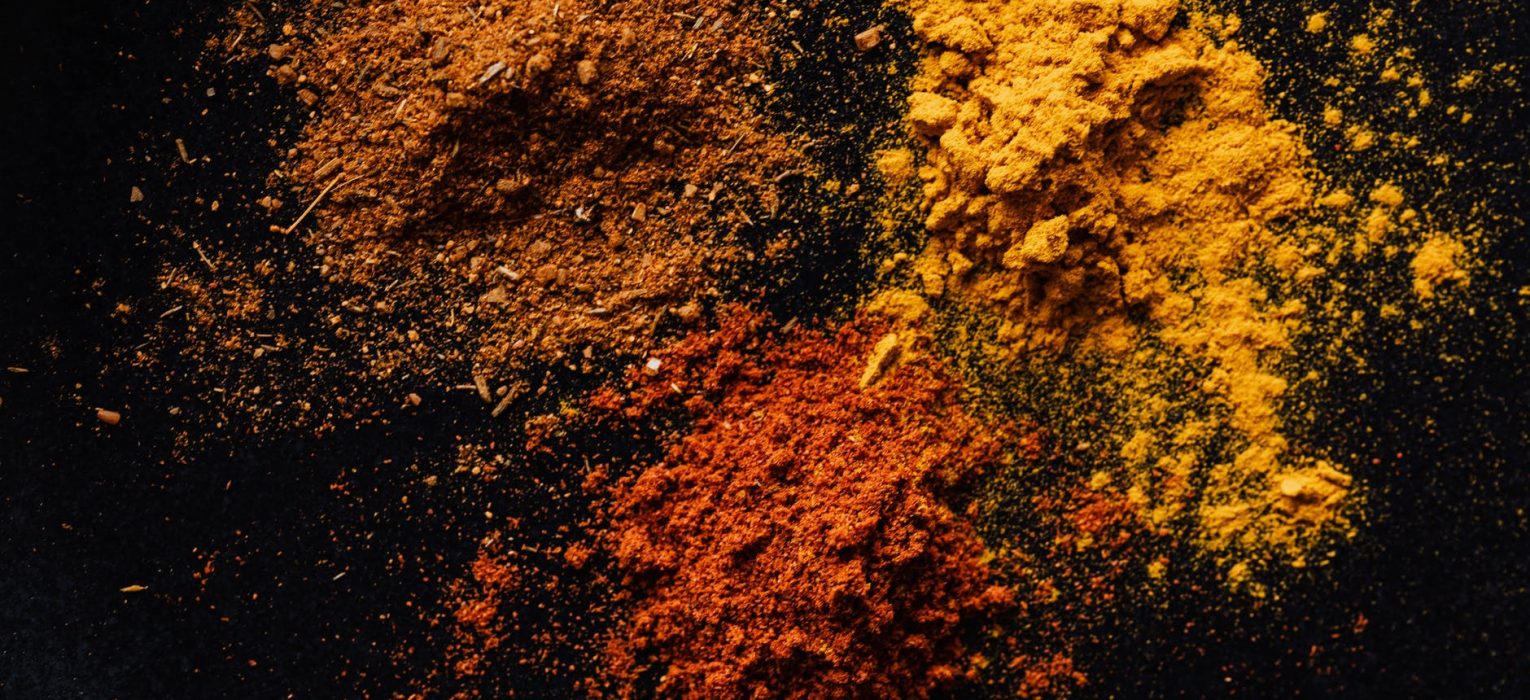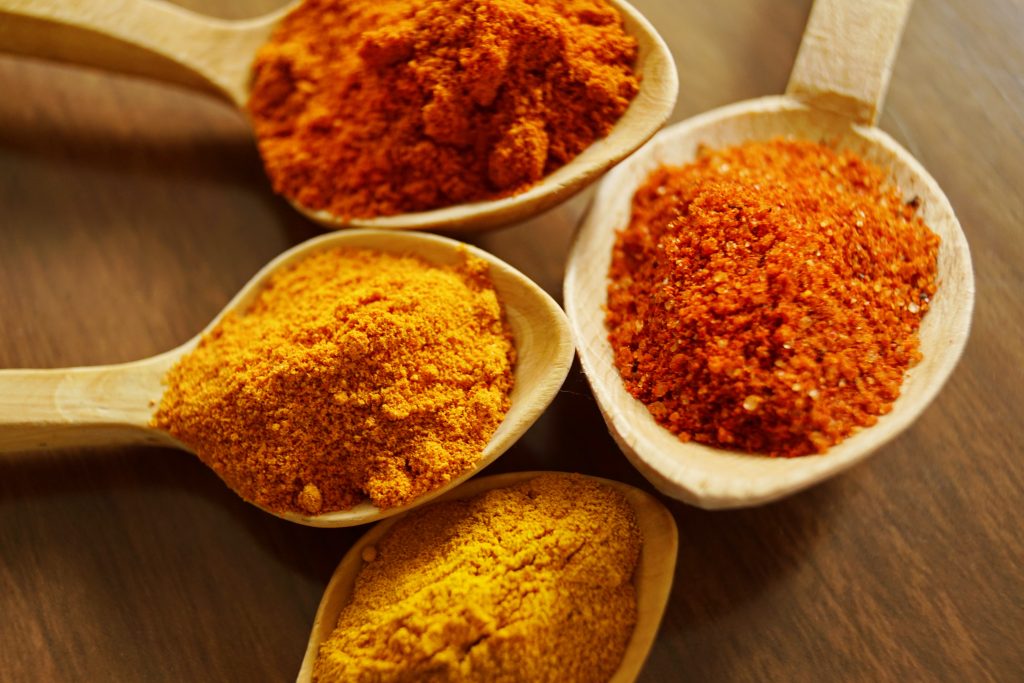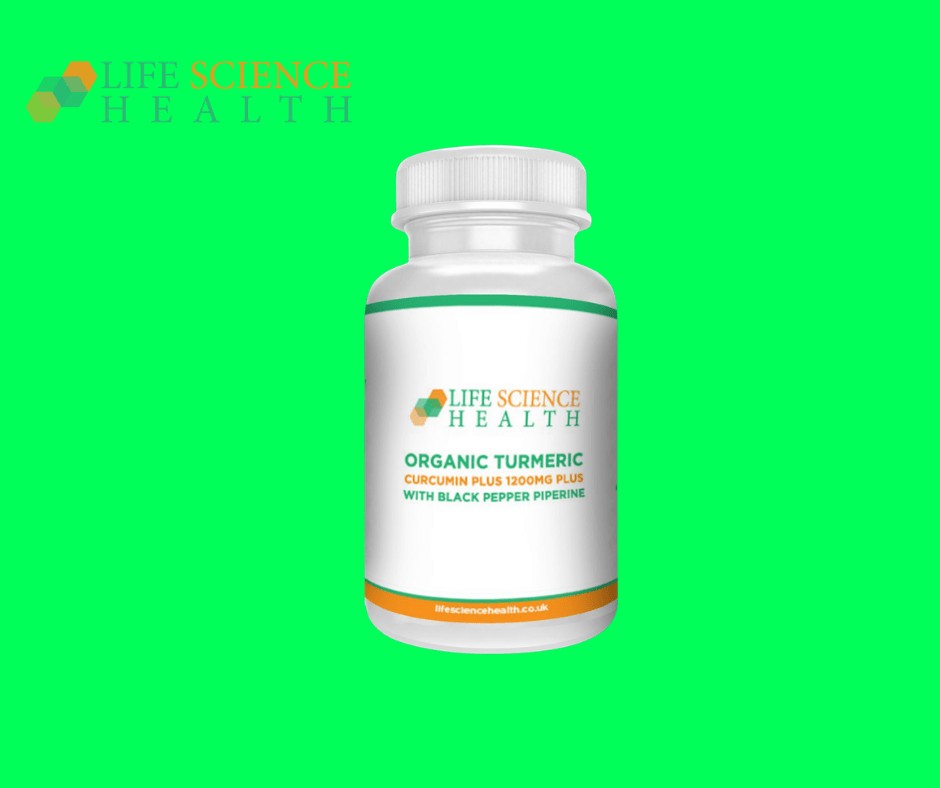


Turmeric, native to Southeast Asia, has been used in India as a medicinal plant for over 6,000 years. The spice used in dishes around the world, also has a place in traditional medicine practices, such as Ayurveda, which uses the spice to treat: stomach problems, skin diseases, infections, and more. For centuries, turmeric has been utilized as a food preservative, colouring agent, in cosmetics, and in wound healing and religious rituals.

Researchers have found that turmeric can have anti-inflammatory, antioxidant, and anticancer properties. More evidence is coming out that shows curcumin, the active component of turmeric that gives it its yellow colour, can be used medically to treat diseases.
Initially animal studies demonstrated that increased curcumin levels in the cell can improve the immune system’s response to inflammation. Human studies later carried out have corroborated this finding.
Because of its anti-inflammatory properties, curcumin has been studied in osteoarthritis, which has been reclassified as a chronic degenerative and inflammatory disease. A 2019 review of sixteen randomized controlled trials examined curcumin efficacy in osteoarthritis, the most common form of arthritis. Of the 16 clinical trials, 14 randomized con-trolled trials reported significant improvements in multiple disease parameters. Researchers concluded that curcumin supplementation appears to be an effective therapy for osteoarthritis with minimal-to-no adverse effects.
Turmeric is widely available as a powder as well as in whole root form. The powder or sliced root can make a good addition to a variety of meals, including curries, soups, and rice dishes. Many people use ground or grated turmeric to brew herbal tea. Although people can add turmeric to their diet in these ways, much of the research around the anti-arthritic effect of the spice focuses specifically on curcumin, which is available in dietary supplement form.

Increasing your turmeric levels through your diet alone is unlikely to yield the associated benefits. This is due to the poor gut absorption of turmeric and its high rate of metabolism that limits its bio-availability, which is the extent to which a substance enters the system. However, studies have shown that using higher oral doses of curcumin results in appropriate levels of curcumin necessary for clinical activity. A 2017 study involving 36 people with RA tested a bio-available formulation of curcumin. After 90 days of treatment, the participants who took curcumin reported significant improvements in their pain and inflammation compared with those in the placebo group.
This is what Life Science Health has done, with our Turmeric Supplement specially formulated to give you the optimum solution and the right dose to maximize the medical benefits. We combine our turmeric and curcumin with black pepper piperine which has been shown to enhance the absorption of curcumin by 2000% or up to 20 x.

Our organic Turmeric supplement is coming soon.


Leave a Reply